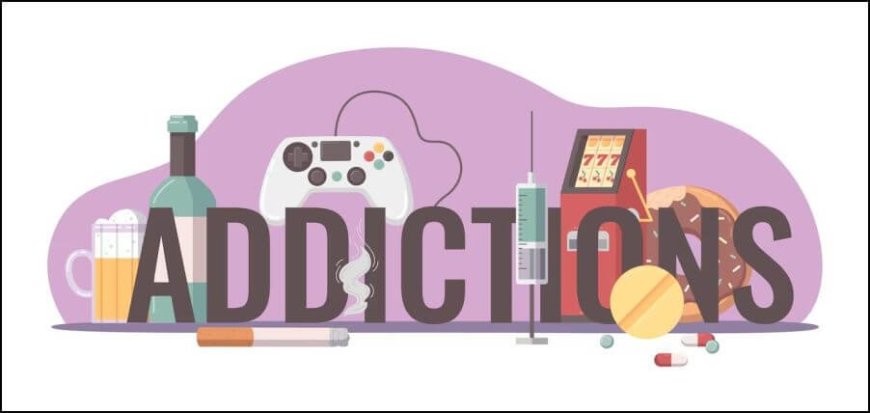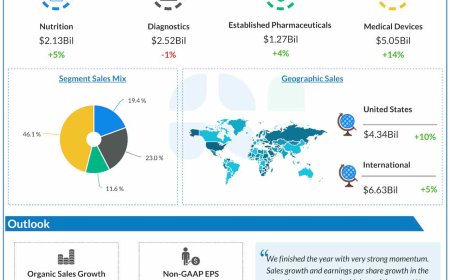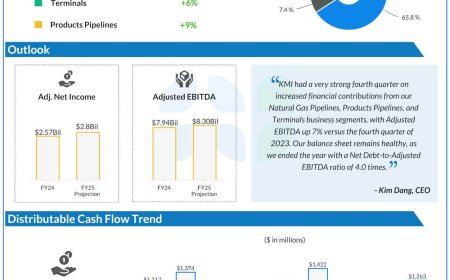Why Do Some People Beat Addiction While Others Don’t?
Addiction is one of the most human experiences, stripping life down to its rawest edges. Yet, in a world that thrives on second chances, why do some people seem to bounce back while others stay trapped? The answer isn’t a simple equation. It’s a messy mix of mindset, support systems, resources, and timing. Let’s explore […] The post Why Do Some People Beat Addiction While Others Don’t? appeared first on Insights Success.

Addiction is one of the most human experiences, stripping life down to its rawest edges. Yet, in a world that thrives on second chances, why do some people seem to bounce back while others stay trapped? The answer isn’t a simple equation. It’s a messy mix of mindset, support systems, resources, and timing. Let’s explore how transformation happens and why some stories flip the script on what seems inevitable.
Does Rock Bottom Look Different for Everyone?
“Rock bottom” is one of those phrases people toss around like it’s the universal wake-up call, but here’s the thing: it’s not the same for everyone. For some, it’s losing a job. For others, it might be waking up in a hospital bed. And for others still, it’s less dramatic—a quiet realization that they’ve been slowly disconnecting from the people and passions they love most.
But does hitting bottom guarantee a turnaround? Not always. The people who claw their way out often do so because they recognize rock bottom for what it is: a signal, not an identity. The key isn’t just falling hard—it’s deciding you’re done falling. That decision, though, is often fueled by what comes next: people showing up, resources appearing, or even sheer stubbornness. The point isn’t the fall; it’s the bounce.
Can Work Save Lives?
It’s strange to think about addiction recovery in the context of work, but for many people, their jobs become an unexpected lifeline. Industries that offer specific recovery support, like railroad workers or Pepsico rehab programs, demonstrate how workplaces can become part of the solution rather than another source of stress.
When you’re navigating recovery, the structure of a steady job can anchor you in ways nothing else can. Jobs bring a sense of purpose, routine, and—let’s be real—something to focus on besides cravings. Even more importantly, work-based rehab programs often remove the shame barrier. Instead of hiding your struggles, you’re stepping into a community that acknowledges them without judgment. It’s not just about punching a clock; it’s about proving to yourself that you’re still capable, still valuable, still you.
But it’s deeper than a paycheck. For many, these programs are where they find people who genuinely get it. There’s something transformative about that moment when you’re no longer “the addict” but someone with a plan, support, and a reason to keep moving forward.
How Does Connection Become the Turning Point?
At its heart, addiction is often a story of disconnection. People disconnect from their families, their dreams, and ultimately, themselves. Recovery, then, becomes a story of reconnection. And it starts small.
Think about the power of drug rehabilitation programs where the real magic doesn’t come from clinical settings or textbooks—it comes from human connections. There’s something about sitting in a circle, hearing someone else’s story, and thinking, “That’s me. That’s my story too.” That shared humanity breaks down walls faster than any lecture ever could.
But connection doesn’t always have to come in group therapy or 12-step programs. It can be as simple as a parent forgiving you, a friend sticking by you, or even a stranger offering kindness on a hard day. These moments remind you that you’re still part of something bigger. They help you believe, even for a split second, that you’re not beyond saving. And sometimes, that split second is all it takes to make a choice.
Is the Stigma Actually Fading?
Here’s a reality check: not long ago, addiction was treated like a moral failure. If you were struggling, you were seen as weak, selfish, or worse. But that narrative is finally cracking. People are starting to understand addiction for what it is—a complex interplay of biology, psychology, and environment. And with that shift comes hope.
The rise of public figures sharing their own recovery journeys has helped reshape the conversation. When someone you admire opens up about their struggles, it chips away at the shame. It tells you, “If they can admit it, maybe I can too.”
But the real game-changer isn’t just public perception—it’s access. More communities are offering affordable treatment options, and more workplaces are prioritizing mental health and addiction recovery. Stigma doesn’t just fade because people stop judging; it fades because people start showing up with solutions.
Can Recovery Be More Than Survival?
For those who make it out, recovery doesn’t just mean “not using.” It means re-learning how to live. It’s about dreaming again, finding joy in little things, and building a life that doesn’t revolve around fear. The strongest recoveries come from people who don’t settle for surviving—they start thriving.
Think about someone who spent years isolated by addiction suddenly rediscovering old passions or diving into new ones. Recovery becomes an opportunity, not just an obligation. It’s about proving to yourself that the best days aren’t behind you. They’re still out there, waiting to be lived.
Why Hope Always Matters?
In the end, the thread tying all recovery stories together is hope. It doesn’t have to be big or dramatic—just enough to get you through the next day, the next hour, or even the next minute. Hope is what makes you believe change is possible, even when it feels impossible.
The truth is, nobody escapes addiction alone. It takes people, programs, and persistence. But most of all, it takes believing you’re worth saving. Because you are. Always.
The post Why Do Some People Beat Addiction While Others Don’t? appeared first on Insights Success.











































